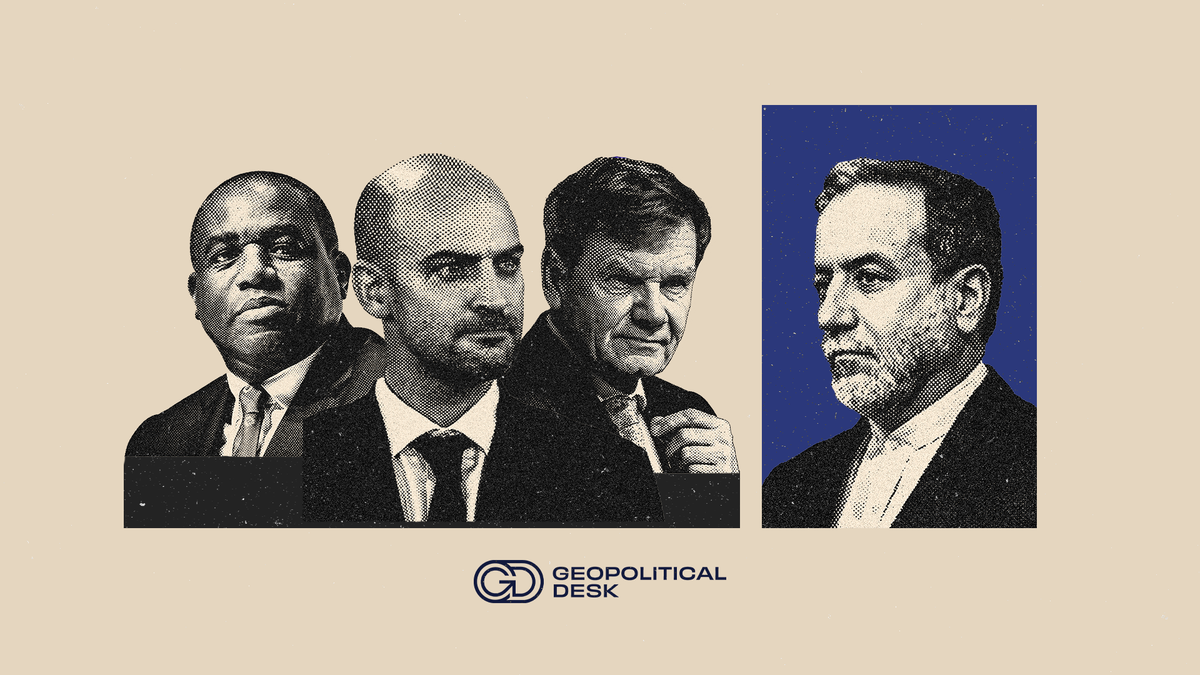IRAN DESK

Executive Summary
- European policy confusion: Europe's current Iran policy is counterproductive and lacks clear strategic direction as pressure tactics have already proven ineffective in the past and jeopardise regional stability as well as nuclear proliferation.
- A stringent deal can only be short-lived: Calling for an end to Iran’s nuclear programme with zero enrichment, demanding limits on Iran’s only means of defence (missiles) and aiming for sterilising Tehran’s regional influence will either sabotage diplomacy or lead to renewed crisis before the decade’s end. Iran’s nuclear ambitions will remain - regardless of its political regime.
- Need for recalibration: Europe must abandon ineffective pressure tactics and re-engage diplomatically with Iran to restore its role as a credible mediator. Ultimately, it is only the Iranian people who can improve their own political situation and they will have better means to do so without the yoke of sanctions.
- Opportunity in Istanbul meeting: The upcoming July 25th meeting in Istanbul presents an opportunity to reset Euro-Iranian relations and set the stage for future diplomatic success. Agreeing to extend the UN snapback mechanism’s deadline would be the right stepping stone and could be reciprocated by Tehran reinviting International Atomic Energy Agency (IAEA) inspectors.
- Decoupling Iran from Russia: Europe should help Iran diversify its international ties, reducing its dependence on Russia and fostering a more neutral stance on the Ukraine-Russia conflict.
- Coordination with China: Europe should leverage shared interests with China to apply smart pressure on Iran, extend the deadline for the UN snapback mechanism, and foster stability and non-proliferation in the Middle East.
- Engagement with the U.S.: Europe must use its unique position to influence U.S. policy towards Iran, encouraging more reasonable demands and supporting diplomatic solutions.
- Strive for a win-win long-term nuclear deal: By offering a clear pathway for Tehran to reach 20GW of nuclear energy by 2040 and develop its own radiopharmaceuticals, Europe and later the P5+1 can shut down the Islamic Republic’s nuclear instrumentalisation and economic self-sabotage.
- Making use of Iran’s new nuclear reality: Despite its merits, a regional nuclear consortium is too complex and medium-term. Enrichment facilities built from scratch in Iran under international supervision could be a more permanent option.
- Europe can regain its market shares: Voicing appetite for future trade with Iran following a deal and preparing facilitating instruments therefore will benefit Europe in the long-term - both economically and politically.
Download The Full Report
Use the link below to download the full report in PDF format, covering shortcomings of current policy, opportunities to recalibrate, and the specific steps European actors can take ahead of the July 25 Istanbul meeting to restore Europe’s credibility and influence on the Iran file.
Confidential
This article is free to read with a newsletter subscription.
Join diplomats, executives, and analysts who rely on our reporting to stay ahead in the world's most complex regions. Sign up now to access the full article and receive strategic updates direct to your inbox.
Already a member? Sign in
